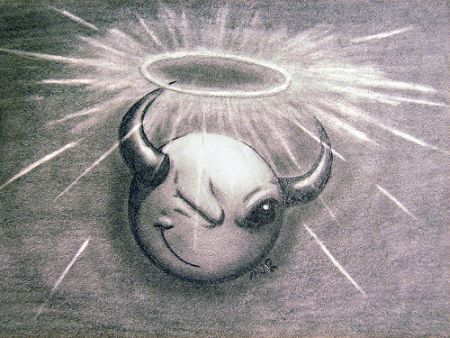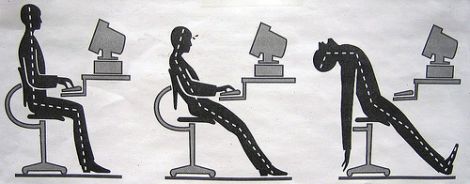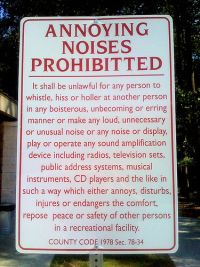“The world will ask you who you are, and if you do not know, the world will tell you.” ~Carl Jung
Imagine just having been born.
You don’t know anything. You’ve never experienced anything.
But suddenly there is light, and chaos. You’re exposed, and cold. Blurry shapes are moving all around you. Sounds strike you with an edge much sharper they ever had in the womb. The whole scene is bright and loud, and the shapes move so quickly.
There is so much happening. It is all completely alien and extremely intense. It’s upsetting. You cry.
Among other things, you are seeing what you will later learn to call faces. But they are not faces yet. They are shapes, with a pattern that will soon become familiar to you.
You are hearing what you will later be told are voices. One of them is already very familiar to you. You will be told to call it “Mommy.”
The one thing you are certainly not aware of, is you. You are aware of all these shapes and sounds and feelings, but you aren’t perceiving them as happening to you or to anyone else. You are only aware that they are happening.
How will you ever make sense of it all?
Luckily, you are human (though you’re not aware of that yet) and human minds have the power of association. Without even trying, you begin to associate certain shapes and sounds with certain thoughts. You associate your mother’s voice with comfort. Your mother’s voice becomes comfort. You might associate the dark with sleepiness, maybe loneliness too. You might associate bathtime with fun, or horror, depending on what happens emotionally during your bathtimes.
Associations like this accumulate. From experience, X makes you expect Y. Then X begins to symbolize Y. Eventually X may become indistinguishable from Y. You’ll keep adding them over time.
This is handy for sorting out the chaos around you. You can tell, for example, that the thing with the warm hands and soothing voice is usually good news for you. It’s a simple association. This is the primary tool you’ll use to make sense of the whirling scenes around you.
You are still only looking outwards, and it has not yet occurred to you to inquire as to what is doing the looking. After all, the entirety of existence — every shape, sound, character and story — appears to be there, somewhere outwards. You don’t yet have a reason to contemplate what is at the center of all this action. Read More







 I'm David, and Raptitude is a blog about getting better at being human -- things we can do to improve our lives today.
I'm David, and Raptitude is a blog about getting better at being human -- things we can do to improve our lives today.
https://poosteman.com/product/%d8%b6%d8%af-%d8%a2%d9%81%d8%aa%d8%a7%d8%a8-%d9%81%db%8c%d9%88%da%98%d9%86-%d9%88%d8%a7%d8%aa%d8%b1-%d8%a7%db%8c%d8%b2%d8%af%db%8c%d9%86-%d9%be%d8%b1%d9%88-%d8%ad%d8%ac%d9%85-50ml/